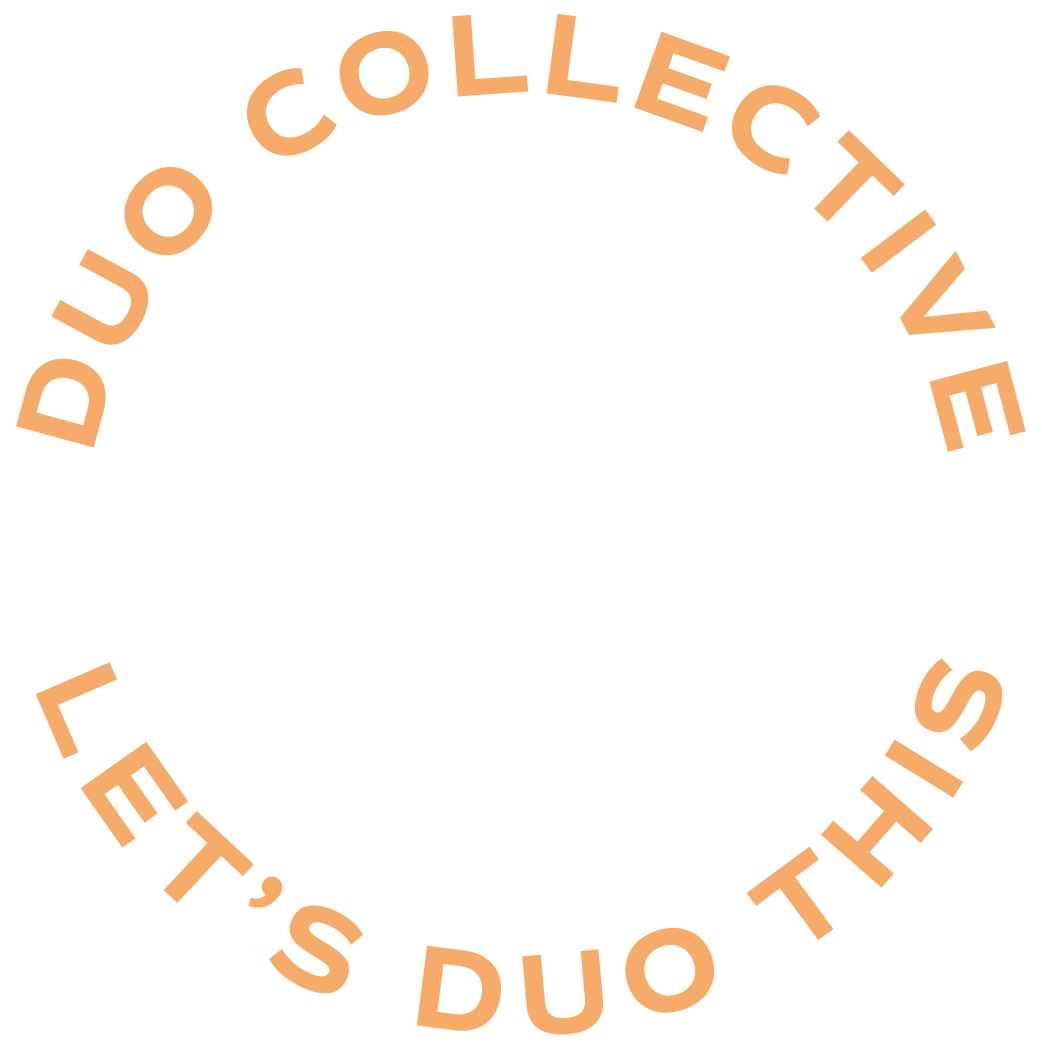Apple Podcasts | Spotify
We are SO excited about this new SEO metric. You already know we’re your besties in everything search and design, and this new metric just brought it all together for us!
If you pop back to episode 69 or episode 76, we break down what SEO metrics matter from keywords indexed to domain authority. “SEO Metrics” itself is a jargon-filled phrase. So let’s break this down.
If you post an Instagram Reel, what are you tracking? You’re probably looking at views because Instagram has made us feel like that’s the metric that matters most (we don’t agree). But you’re also looking at likes, comments, shares, saves, and follower and non-follower reach. These are all performance metrics for Instagram. And SEO has performance metrics, too.
Let’s talk about this brand new metric called brand authority.
Let’s Start With Who The Heck Is Moz
First, we need to talk about Moz. Moz is a helpful tool, just like Ubersuggest, Semrush, Ahrefs, and many more that gives you tips and insights to make your website more attractive to search engines.
In 2010, Moz created a metric called domain authority. This metric measures the potential ranking strength of a website on search engine result pages. It tells you how likely it is you will rank on page one. It’s now a widely recognized metric; you’ll see it on most SEO tools when you evaluate your website or anyone else’s.
So why do we care about Moz? Well, the site is an SEO industry thought leader and worth listening to. But if they created this super well-known metric almost every SEO guru leverages, then you better bet that if they create a new one… we’re going to listen. And Moz did just that.
Introducing A New SEO Metric: Brand Authority
You know we love it already because it reinforces the importance of bringing the brand into SEO (something we’ve been saying since the beginning of Duo). But first, let’s talk about how the search engine’s design is already starting to favor our brands.
Next time you go to a search engine result page, really look at the results. You’ll see that the favicon — that circle picture to the left of each result— is larger than before. You’ll also see the website name is larger than the URL beneath it. Google wants you to see the brands… like, really see them.
If that image and brand name are recognizable, you’re more likely to click on that search result than any other one because you trust them. Google is bringing the importance of brand trust into search. FINALLY!
What is Brand Authority?
Brand Authority™ is a score (1-100, much like Domain Authority) developed by Moz that measures the total strength of a brand. This metric captures people’s awareness of a brand even before they begin their search. It asks the question: How recognizable is your brand?
[Quick note: we want to clarify that at the time of recording this, this metric is focused on the United States and is driven by U.S. data.]
You can have a billion blog articles ranking on page one of Google, but if you haven’t spent time focusing on your brand strategy and building trust and connection with your audience, that will eventually affect your overall search performance. Especially with these subtle moves search engines have been making.
This new metric doesn’t replace domain authority. They will co-exist together. This new metric can also help us branding experts answer the question, “What is the ROI of my investment in branding?” Pretty neat!
8 Tips for Growing Your Brand Authority
It’s simple… Get more people talking about your brand and other entities of your brand: courses, products, podcasts, branded coaching programs, custom frameworks, and more. These “sub-brands” will also help improve your overall brand authority.
Keep creating high-quality content.
Google still wants to see valuable content that people want to talk about and share. On that note, stop playing it safe. Getting people talking means breaking through the clutter of what everyone else is saying.
Engage on social media.
Notice we didn’t say post… We said engage! Take the time to find your target audience and start genuine conversations.
Find partnerships and collabs.
There are tons of partnership options, whether it’s a newsletter swap, podcast interview, or guest blog post. Get creative!
Host online workshops or webinars.
Again, create valuable content people want to participate in and share!
Generate user-generated content.
If you are a product business, run a campaign to generate user-generated content. Get people to use and talk about your brand online to spread awareness.
Attend or speak at industry events.
Events are happening all year round; find one that connects with your brand’s purpose and values and book a speaking gig! Better yet, host one yourself if that is a dream of yours!
Find local opportunities.
Are there any media appearances or opportunities to be featured in your local area? Do a quick Google search and see what you can find!
Create branded collateral.
We recently learned the importance of branded swag, and we’re all in! Create stickers, shirts, hats, glasses, etc.
Notice how none of these strategies are groundbreakingly new. You’ve likely heard of them before. They fall under a general bucket of marketing and advertising. But you may not be thinking about how these tasks can grow your brand and therefore, your SEO.
So now we’re asking you… Are you focusing on intentionally getting people to talk about your brand with your marketing strategies? Or are you just checking a box every week to post on Instagram?
How Can I Find My Brand Authority Number?
You can currently find Brand Authority in Moz’s Domain Overview tool, and please do not be discouraged by this number. Moz also came out with the top 500 brands, and sitting up top are Google, YouTube, Amazon, Target, and many more massive companies.
You also need to remember this metric was made up by humans. Much like every single metric out there (views, likes, comments), someone told us to care about these metrics. But at the end of the day, it’s simply another human creating something. These metrics are guides to help you understand where and how to grow, but they aren’t meant to be glorified or obsessed over.
If anything, you could use this metric as a competitive comparison. Don’t compare yourself to Target. Compare yourself to others in your industry, and then analyze how you can grow your brand authentically.

If you liked today’s episode on The Duo On Air Marketing Podcast, don’t forget to leave us a review & subscribe!
More From The Duo
Sign Up for Tuesday Tips and Sips Newsletter
Abbey Oslin and Courtney Petersen are Minnesota-based marketing experts, educators, and co-founders of boutique marketing agency Duo Collective, which specializes in SEO, social media strategy, and branding for small business owners and creative entrepreneurs. To learn more about Duo Collective, or to inquire about working with our team, head over to www.duocollective.com.
To inquire about being a guest on Duo On Air, please fill out this application form.
And to submit a topic or a question for next week’s episode, send us a DM on Instagram! See you on Monday!


+ show Comments
- Hide Comments
add a comment